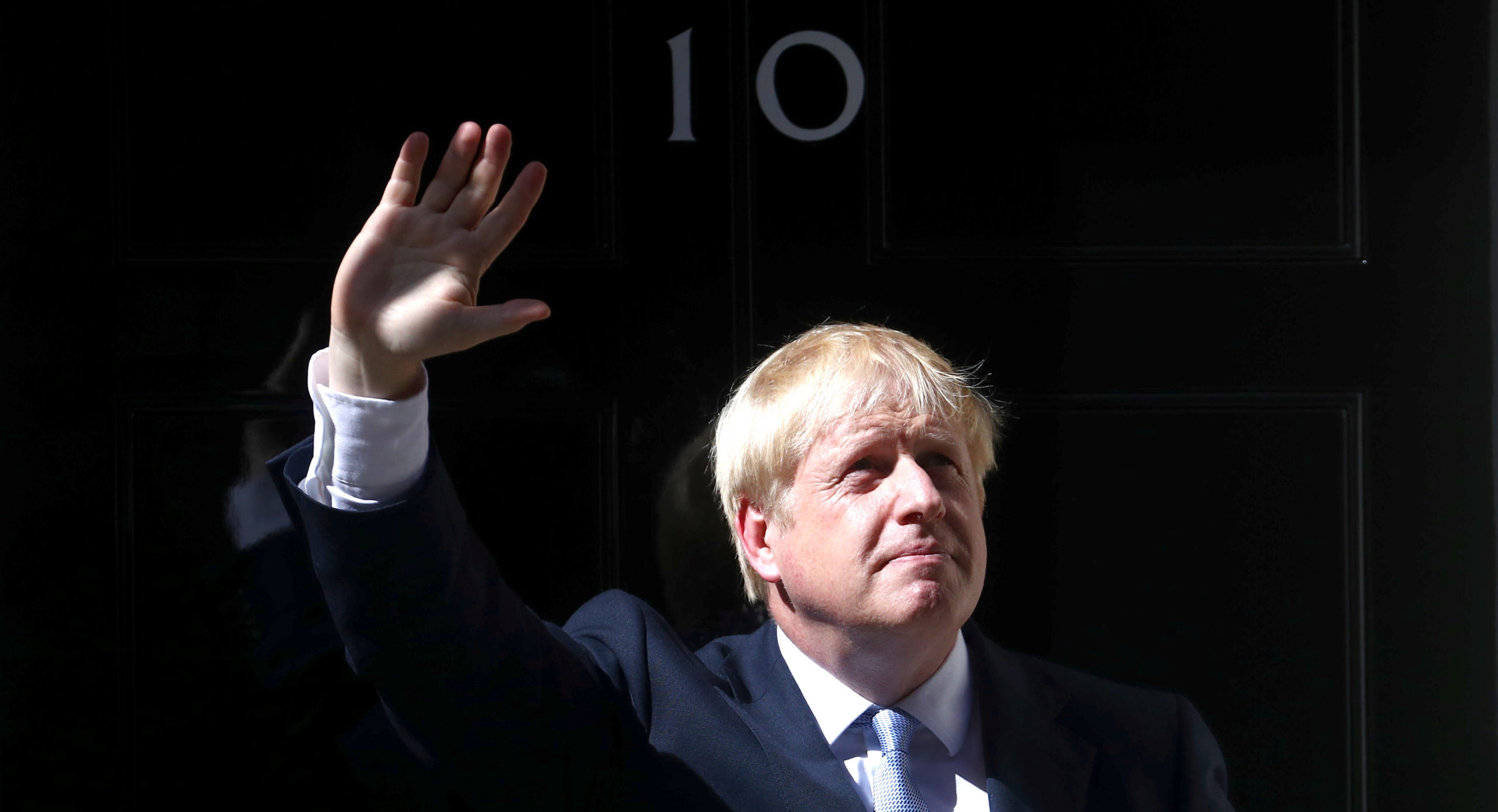There are many things wrong with the way we’re governed, but the core contradiction is identified today in a new report from the Institute for Government.
Despite being one of the most centralised countries in the western world, the innermost part of the UK’s central government is pathetically weak.
That’s not a comment on any particular Prime Minister, but rather on the structures that support Prime Ministers in their role as head of government. The report’s author, Alex Thomas, argues that the bit of the civil service that is meant to do this — the Cabinet Office — is woefully underpowered.
While the Treasury gives the Chancellor the ability to impose financial control across Whitehall and beyond, the Cabinet Office does not give Prime Ministers a similar degree of grip on the matters that they ought to control.
This is the product of a long and very British history.
Robert Walpole is generally reckoned to be the first Prime Minister (from 1721 to 1742), but it wasn’t until the 19th century that Prime Ministers were comfortable with using that title — and not until 20th century that the role was properly defined in law.
It’s only in very recent decades that Premiers have presented themselves as being fully in charge. For instance, issues raised in Prime Minister’s Questions were once regularly referred to other Cabinet ministers instead of being answered directly as they are today. It was Margaret Thatcher who changed that — and ever since it’s been expected that the Prime Minister of the day should look as though they’re in direct control of everything. However, like the Wizard of Oz, that’s more illusion than reality.
It’s not that one person should even try to micromanage an entire government. Yet, Prime Ministers should be able to set and maintain an overall direction. Unfortunately, as things stand, the Downing Street machinery is only properly connected to the smoke-and-mirrors of the media operation. This helps to explain why control of government communications is so bitterly fought over. Just look at the way that Dominic Cummings gambled and lost everything over a glorified press office.
It’s time we saw Downing Street for what it really ought to be — not a campaign HQ, but the command centre of the British state. If nothing else, we need a fully-fledged Prime Minister’s Department to make that happen.
This could be a beefed-up Cabinet Office, along the lines set out by Alex Thomas in his report. Alternatively, there’s the approach that Chris Cook advocates — which is to rebuild from scratch:
Alex's solution is to build up the Cabinet Office. I'd suggest you need to shut down the Cabinet Office and plough salt into the earth and fire everyone who's ever even seen the building. And then make a new institution.
— Chris Cook (@xtophercook) January 21, 2021
Either way, the Prime Minister and his inner circle need proper access to the levers of power. Perhaps then they’ll stop obsessing over the smoke-and-mirrors.











Join the discussion
Join like minded readers that support our journalism by becoming a paid subscriber
To join the discussion in the comments, become a paid subscriber.
Join like minded readers that support our journalism, read unlimited articles and enjoy other subscriber-only benefits.
Subscribe